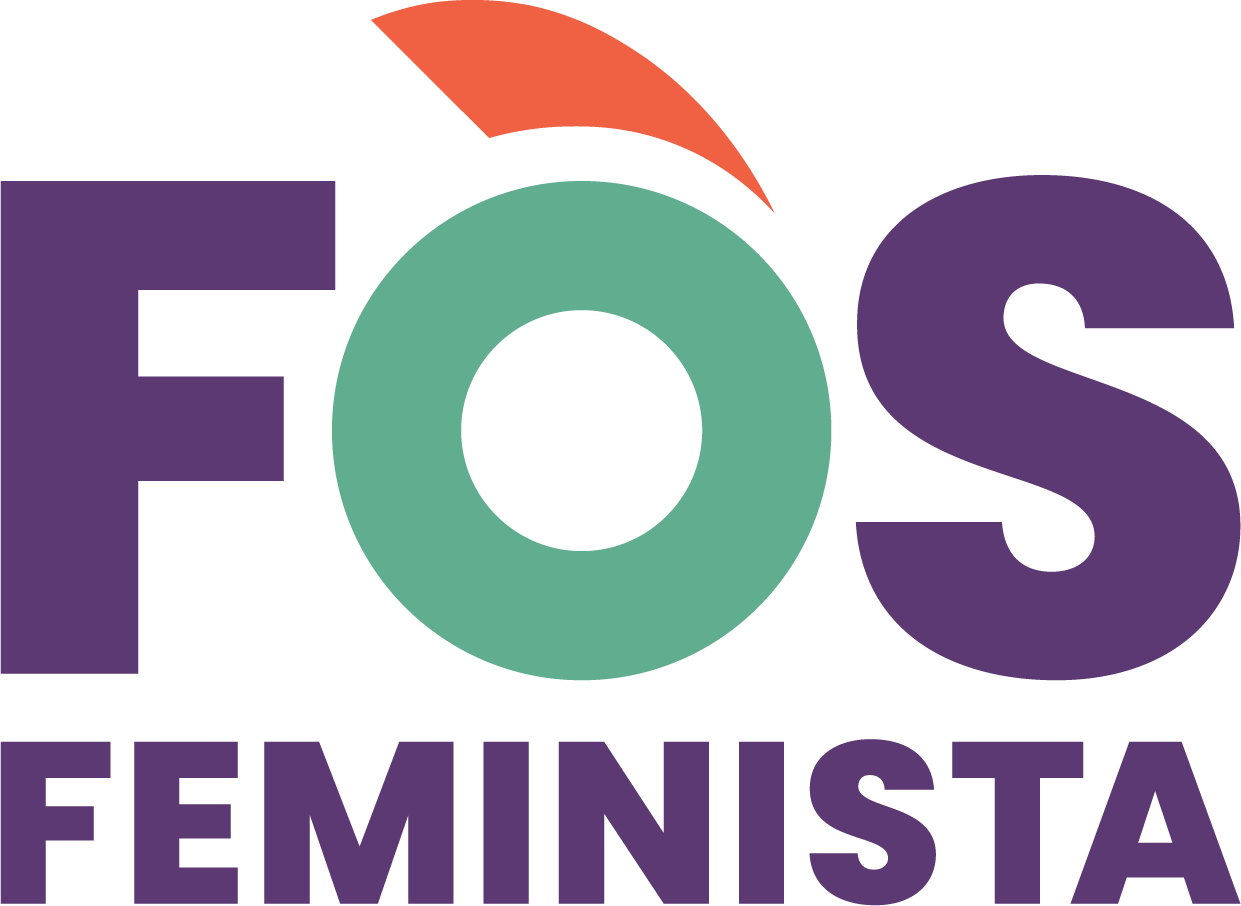
Self-care is an act of promotion and protection of bodily autonomy, defined as a fundamental right and the foundation for gender equality.
The World Health Organization (WHO) defines self-care as “the ability of individuals, families and communities to promote health, prevent disease, maintain health and cope with illness and disability with or without the support of a health care provider.”[1] According to the Self-Care Trailblazer Group, self-care is an essential component of achieving Universal Health Coverage because it enables individuals to exercise greater autonomy, power, and control over their health, and improve their well-being. Self-care is an act of promotion and protection of bodily autonomy, which the United Nations Population Fund defines as a fundamental right and the foundation for gender equality.
Self-care, as pertaining to sexual and reproductive health, provides a way for people to manage their health and control their care in ways that are easy, private, and empowering. In places where access to healthcare services is limited, self-care strategies like home HIV testing, self-administered birth control, and self-managed abortions, not only lessen barriers to care but also allow for greater freedom and independence, especially for women, girls, and gender-diverse individuals.
Fòs Feminista’s commitment to self-care and to pleasure
As part of our strategic commitments, Fòs Feminista has prioritized community-based and self-managed care that is led by women, girls and gender diverse people and enables autonomy and safety. Our approach emphasizes demedicalization of quality sexual and reproductive health care and services through digital, community-based, and self-care solutions, alongside clinic-based models.
Fòs Feminista has also signed on to The Pleasure Project’s Pleasure Principles and has participated in the translation and adaptation of their training toolkit into Spanish. There is a growing body of evidence that incorporating a pleasure perspective into sexual health is not only enjoyable, but also good for you!
Connecting self-care and pleasure
The first of the above-mentioned Pleasure Principles is “Love Yourself.” We can live out this principle by caring for our bodies, respecting our identities, and attending to our desires. While self-care empowers people through awareness and autonomy, including a pleasure-perspective deepens this experience by encouraging a positive connection with one’s body, sexuality, and identity. Together, self-care and pleasure form a holistic approach that recognizes pleasure as integral to quality of life. In fact, the World Association for Sexual Health (WAS) Declaration on Sexual Pleasure emphasizes sexual pleasure as essential for individuals’ well-being and fulfillment.
Self-care interventions for sexual and reproductive health, combined with a pleasure perspective, also bring us closer to Universal Health Coverage.
How can we achieve pleasure through self-care?
Caring for one’s sexual health with pleasure in mind might include finding ways to enjoy and love our bodies, in whatever form they take. In line with The Pleasure Principles, “everyone has the ability to experience pleasure.” Flexibility and adaptability are key to discovering the ways that pleasure-based sexual health can be achieved for each person. When people are encouraged to embrace their sexual health with pleasure, they gain confidence, dispel harmful myths, and reclaim agency over their bodies.
Self-care can help women, girls, gender-diverse people, and people with disabilities — groups for which sexual pleasure is highly stigmatized by society and taboo — reclaim pleasure for themselves.
[1] https://www.who.int/news-room/fact-sheets/detail/self-care-health-interventions
For more information on self-care and pleasure see:
- WHO briefing on self-care and wellbeing
- WHO guideline on self-care interventions for health and well-being, 2022 revision
- UNFPA Bodily Autonomy: A Fundamental Right
- The Pleasure Project, The Pleasure Principles, Toolkit (English), Toolkit (Spanish)
- World Association for Sexual Health Declaration on Sexual Pleasure
- AMAZE videos on self-care and pleasure






